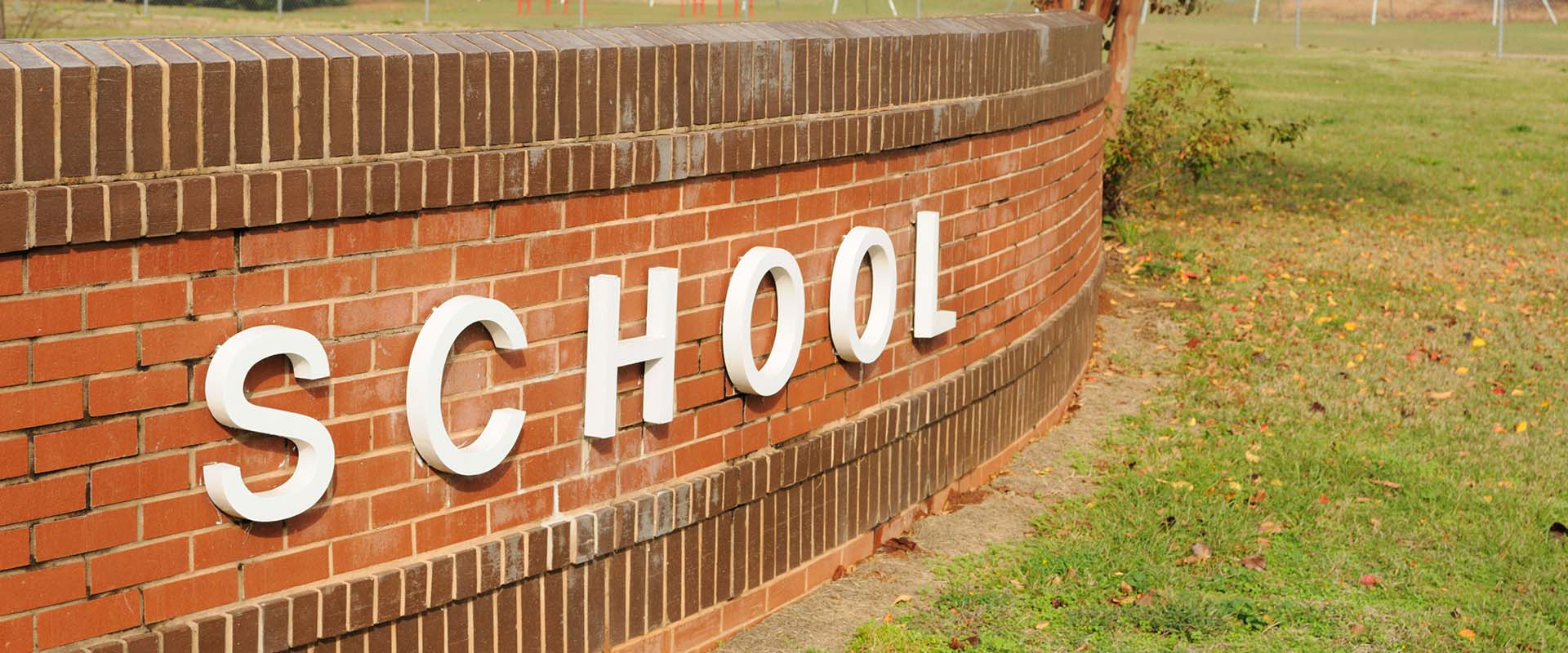Foreseeability in Sexual Abuse Cases: Appellate Court Clarifies Legal Standards for Claims Against School Districts

Number 15
In a recent case, the California Court of Appeal held that school administrators may breach a duty to protect students from sexual abuse by district employees by failing to take reasonable measures to prevent abuse, even if the school does not have actual knowledge of the employee’s history of committing, or propensity to commit, sexual abuse. The court further ruled that a plaintiff suing for breach of the mandatory duty to report suspected abuse must prove it was objectively reasonable for the mandated reporter to suspect abuse based on the facts the reporter actually knew, not on the facts the reporter reasonably should have known. (Doe v. Lawndale Elementary School District (2021) 72 Cal.App.5th 113.)
Background
Unbeknownst to the school, a music teacher in the Lawndale Elementary School District began grooming Jane Doe for sexual abuse when she was a seventh-grade student in his after-school band program. The grooming behavior continued and escalated in the fall of Jane Doe’s eighth grade school year, when the teacher had sexual contact with Jane Doe. The sexual abuse continued until that spring, when Doe’s stepfather learned of the abuse. The teacher was arrested and ultimately pled guilty to oral copulation of a minor.
Doe sued the District, asserting two negligence causes of action: one for negligent hiring, supervision, and retention of the teacher; and one for negligent supervision of Doe. Doe also asserted a cause of action for breach of the mandatory duty to report suspected child abuse under the Child Abuse and Neglect Reporting Act (CANRA), codified at Penal Code section 11166.
The District successfully moved for summary judgment on each of Doe’s claims, and Doe appealed. With regard to Doe’s negligence claims, the trial court ruled that the District could not violate the duty of care owed Doe unless Doe could establish that District administrators had “actual knowledge” of the teacher’s prior sexual misconduct or a propensity toward sexual abuse. With regard to the duty to report claim, the trial court ruled that Doe could not show that the District knew or reasonably suspected the teacher had sexually abused Doe. In a case of first impression, the Court of Appeal reversed as to the negligence claims.
Appellate Court Decision
On appeal, the court concluded that the trial court erred when it granted summary judgment to the District on the negligence claims. The court noted that the duty of care may be limited based on factors set forth in Rowland v. Christian (1968) 69 Cal.2d 108, but that the trial court erred by applying an actual knowledge standard rather than applying the Rowland factors.
The Rowland factors include: (1) the foreseeability of harm to the plaintiff; (2) the degree of certainty that the plaintiff suffered an injury; (3) the closeness of the connection between the defendant’s conduct and the injury; (4) the moral blame attached to the defendant’s conduct; (5) the policy of preventing future harm; (6) the burden on the defendant and the consequences to the community of imposing a duty of care; and (7) the availability of insurance for the risk.
Applying the Rowland factors, the court determined that it is reasonably foreseeable that students may be harmed by District employees if school administrators fail to take reasonable measures to prevent sexual abuse, and that actual knowledge of prior misconduct is not required. Here,
Several students stated that [Teacher] was always with Doe at school and that he always sat or stood next to her during band practice (the program [Teacher] did not teach). Several students said that [Teacher] and Doe regularly “flirted” with each other and that [Teacher] frequently tickled and hugged Doe and played with her hair. Multiple students stated that Doe sometimes rested her head on [Teacher’s] shoulder when he hugged her and that Doe wore [Teacher’s] jacket at school. According to one student, Doe became upset when [Teacher] would not let her sit on his lap. The student also stated that she walked in on Doe and [Teacher] alone together in the band room at least 20 times and that she felt as though she was “intruding on a couple.” Another student witnessed disagreements between Doe and [Teacher] where Doe would cry—interactions the student described as “girlfriend/boyfriend-type” behavior.
Despite this behavior, “District employees who supervised [or observed Teacher] with Doe all testified that they never saw any interactions between Doe and [Teacher] that caused them to suspect [Teacher] was behaving inappropriately and that they did not learn [Teacher] had sexually abused Doe until his arrest.”The court acknowledged that school districts have a special relationship with students, and that this special relationship gives rise to a duty of care “to use reasonable measures to protect Doe from foreseeable injury caused by [the Teacher]’s intentional misconduct.” The court sent the matter back to the trial court for a jury to determine if the District’s conduct breached its duty of care.
With regard to the District’s mandated reporter obligations, the court rejected Doe’s argument that a mandated reporter breaches their duty to report based on facts they should have discovered, ruling that a mandated reporter’s duty to report suspected abuse arises only when facts “known to the person” would cause a reasonable person to suspect abuse. The court noted that Penal Code section 11166 requires a mandated reporter to report abuse based on a “reasonable suspicion,” and that the obligation to report begins when the person “receives” information about a suspected incident of abuse, thus suggesting that receipt of actual information is required to trigger the duty.
Takeaways
California school districts and administrators may be liable in sexual abuse cases for breach of the duty of care even where they lack actual knowledge of past misconduct, but they are not obligated to report suspected sexual abuse absent actual knowledge of such suspected abuse.
If you would like more information about this case, please contact the authors of this Client News Brief or an attorney at one of our eight offices located statewide. You can also subscribe to our podcasts, follow us on Facebook, Twitter and LinkedIn or download our mobile app.
Disclaimer: As the information contained herein is necessarily general, its application to a particular set of facts and circumstances may vary. For this reason, this News Brief does not constitute legal advice. We recommend that you consult with your counsel prior to acting on the information contained herein.




